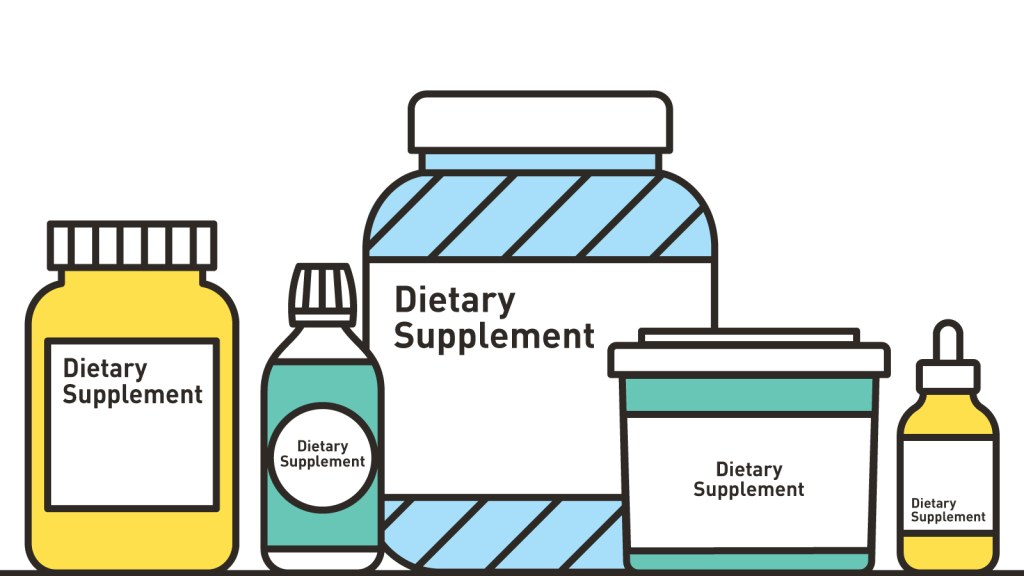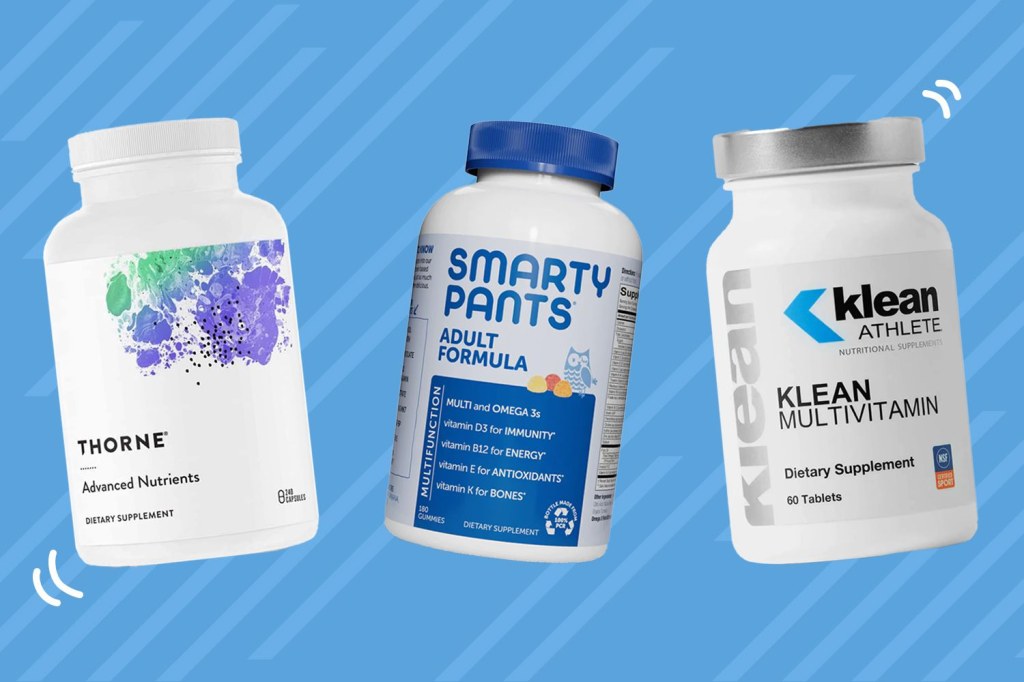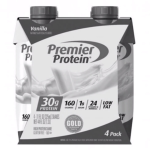Power Up Your Health With Essential Nutritional Supplements Used In Hospitals – Discover The Key To Optimal Well-being!
Nutritional Supplements Used in Hospitals
Hello Readers,
Welcome to our informative article on nutritional supplements used in hospitals. In this article, we will explore the various nutritional supplements that are commonly used in hospitals to support patient health and recovery. We will provide a comprehensive overview of these supplements, including their benefits, usage, and potential disadvantages. By the end of this article, you will have a better understanding of how these supplements play a crucial role in patient care.
3 Picture Gallery: Power Up Your Health With Essential Nutritional Supplements Used In Hospitals – Discover The Key To Optimal Well-being!



Table of Contents
What are Nutritional Supplements Used in Hospitals?
Who Benefits from Nutritional Supplements in Hospitals?
When are Nutritional Supplements Used in Hospitals?
Where are Nutritional Supplements Used in Hospitals?
Why are Nutritional Supplements Used in Hospitals?
How are Nutritional Supplements Used in Hospitals?
Advantages and Disadvantages of Nutritional Supplements in Hospitals
Frequently Asked Questions about Nutritional Supplements in Hospitals
Conclusion
Final Remarks
What are Nutritional Supplements Used in Hospitals?
Nutritional supplements used in hospitals are specially formulated products that provide essential nutrients to patients who may have difficulties meeting their nutritional requirements through regular food intake alone. These supplements contain a variety of vitamins, minerals, proteins, and other nutrients that are necessary for the body’s optimal functioning and recovery.

Image Source: fda.gov
🔍 Nutritional supplements used in hospitals aim to bridge the nutritional gaps in patients, ensuring they receive adequate nourishment during their stay in the hospital.
Hospitals commonly use nutritional supplements in various forms, including liquid supplements, powders, and fortified foods. These supplements are designed to be easily digestible and can be administered orally, through a feeding tube, or intravenously, depending on the patient’s condition and needs.
The usage of nutritional supplements in hospitals is carefully monitored and prescribed by healthcare professionals, including dieticians, doctors, and pharmacists, to ensure optimal patient care and recovery.
Who Benefits from Nutritional Supplements in Hospitals?
🔍 Nutritional supplements used in hospitals benefit a wide range of patients, including:
Patients suffering from malnutrition or who are at risk of malnutrition
Individuals with specific medical conditions that affect their ability to absorb nutrients
Patients recovering from surgeries or medical procedures
Elderly patients with decreased appetite or difficulty eating
Individuals with chronic diseases or conditions that require additional nutritional support

Image Source: bigcommerce.com
The use of nutritional supplements in hospitals is customized to meet the unique needs of each patient, ensuring they receive the appropriate nutrients to support their recovery and overall health.
When are Nutritional Supplements Used in Hospitals?
🔍 Nutritional supplements are used in hospitals during various stages of patient care:
Pre-operative: Some patients may benefit from pre-operative nutritional supplementation to improve their nutritional status and overall health before undergoing surgery.
Post-operative: After surgery, patients often have restricted diets or reduced appetite. Nutritional supplements help bridge the nutritional gap and support the healing process.
Chronic illnesses: Patients with chronic illnesses that impact their ability to consume a balanced diet may require long-term nutritional supplements to maintain their health.
Recovery: During the recovery period, nutritional supplements aid in rebuilding strength, enhancing the immune system, and promoting wound healing.

Image Source: verywellfit.com
The timing of nutritional supplement administration depends on the patient’s condition, treatment plan, and healthcare provider’s recommendations.
Where are Nutritional Supplements Used in Hospitals?
🔍 Nutritional supplements are used in various settings within hospitals, including:
Inpatient units: Nutritional supplements are commonly used in general medical and surgical units, as well as intensive care units, to support patients’ nutritional needs during their hospital stay.
Outpatient clinics: Patients visiting outpatient clinics may receive nutritional supplements as part of their treatment plan.
Rehabilitation centers: Individuals undergoing rehabilitation may require nutritional supplements to aid in their recovery and regain strength.
Specialized departments: Certain hospital departments, such as oncology or gastroenterology, may utilize nutritional supplements to address specific nutritional needs related to the patients’ conditions.
The specific usage and administration of nutritional supplements may vary depending on the hospital’s protocols and the patient’s individual needs.
Why are Nutritional Supplements Used in Hospitals?
🔍 Nutritional supplements are used in hospitals for several reasons:
To meet nutritional goals: Some patients may struggle to consume enough nutrients through regular food alone. Nutritional supplements ensure they receive the necessary nutrients to meet their nutritional goals.
To prevent malnutrition: Malnutrition is a common concern in hospitals, especially among patients with certain medical conditions. Nutritional supplements help prevent and treat malnutrition.
To enhance recovery: Adequate nutrition is essential for the body to heal and recover from illnesses, surgeries, or medical procedures. Nutritional supplements support the healing process and aid in recovery.
To manage specific conditions: Certain medical conditions may require specific nutritional interventions. Nutritional supplements can help manage conditions such as diabetes, kidney disease, or gastrointestinal disorders.
To improve quality of life: Nutritional supplements can enhance patients’ quality of life by providing the necessary nutrients for improved energy levels, immune function, and overall well-being.
These are just a few of the reasons why nutritional supplements are an integral part of patient care in hospitals.
How are Nutritional Supplements Used in Hospitals?
🔍 Nutritional supplements in hospitals are used through various methods:
Oral administration: Many patients can consume nutritional supplements orally, either in liquid form or as fortified foods. This method is suitable for patients with a functioning gastrointestinal system.
Feeding tube: Patients who cannot consume food orally may receive nutritional supplements through feeding tubes. Feeding tubes can deliver liquid supplements directly into the stomach or small intestine.
Intravenous administration: In some cases, when oral or feeding tube administration is not possible or insufficient, nutritional supplements may be administered intravenously. This method bypasses the gastrointestinal system and delivers nutrients directly into the bloodstream.
The choice of administration method depends on the patient’s medical condition, ability to consume food, and healthcare provider’s recommendations.
Advantages and Disadvantages of Nutritional Supplements in Hospitals
🔍 Like any medical intervention, nutritional supplements in hospitals have advantages and disadvantages:
Advantages:
Meeting nutrient requirements: Nutritional supplements ensure patients receive the necessary nutrients when they cannot do so through regular food intake.
Promoting recovery: Adequate nutrition supports the healing process and aids in patient recovery.
Preventing complications: Nutritional supplements can help prevent malnutrition-related complications during hospitalization.
Customized to patient needs: The usage of nutritional supplements is tailored to each patient’s unique nutritional requirements.
Ease of administration: Nutritional supplements are available in various forms, making them easy to administer orally, through feeding tubes, or intravenously.
Disadvantages:
Potential side effects: Some patients may experience digestive issues or allergic reactions to certain nutritional supplements.
Interactions with medications: Nutritional supplements may interact with certain medications, requiring close monitoring and adjustment of dosages.
Cost: Nutritional supplements can be expensive, especially for long-term use.
Dependency: Long-term reliance on nutritional supplements may affect the patient’s ability to meet their nutritional needs independently.
It is important for healthcare professionals to weigh the benefits and disadvantages when considering the usage of nutritional supplements in hospitals.
Frequently Asked Questions about Nutritional Supplements in Hospitals
🔍 Here are some frequently asked questions about nutritional supplements used in hospitals:
1. Are nutritional supplements safe for all patients?
Yes, nutritional supplements are generally safe for most patients. However, individual patient needs should be considered, and healthcare professionals should closely monitor each patient’s response to the supplements.
2. Can nutritional supplements replace regular meals?
No, nutritional supplements are not intended to replace regular meals. They are designed to supplement or bridge nutritional gaps when patients are unable to consume adequate nutrients through food alone.
3. Can nutritional supplements cause weight gain?
Some nutritional supplements may contain ingredients that can contribute to weight gain. However, when used as a part of a balanced and tailored nutritional plan, weight gain can be managed effectively.
4. Are nutritional supplements covered by insurance?
The coverage of nutritional supplements by insurance varies depending on the insurance provider and the patient’s specific circumstances. It is advisable to check with the insurance company to determine coverage.
5. Can patients take nutritional supplements without a prescription?
In most cases, nutritional supplements used in hospitals require a prescription from a healthcare professional. This ensures that the supplements are administered in the appropriate dosage and customized to the patient’s needs.
Conclusion
In conclusion, nutritional supplements used in hospitals play a vital role in supporting patient health and recovery. These supplements provide essential nutrients to patients who may have difficulties meeting their nutritional requirements through regular food intake alone. Nutritional supplements are used in various stages of patient care and benefit a wide range of individuals, including those at risk of malnutrition, recovering from surgeries, or managing chronic illnesses.
While nutritional supplements have advantages in meeting nutrient goals and promoting recovery, they also have potential disadvantages such as side effects, medication interactions, and cost. It is crucial for healthcare professionals to carefully assess each patient’s needs and weigh the benefits and disadvantages before prescribing nutritional supplements.
Final Remarks
In conclusion, nutritional supplements used in hospitals are an essential component of patient care. They help ensure that individuals receive the necessary nutrients to support their health and recovery. However, it is important to note that nutritional supplements should always be used under the guidance of healthcare professionals and as part of a comprehensive treatment plan. The information provided in this article is for informational purposes only and should not replace professional medical advice. If you have any concerns or questions about nutritional supplements or their usage in hospitals, please consult a healthcare professional.
This post topic: Healthy Beverage Recipes

